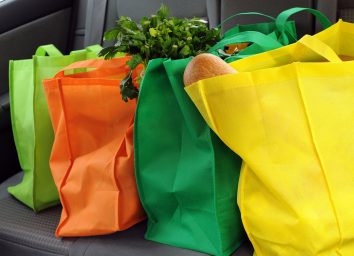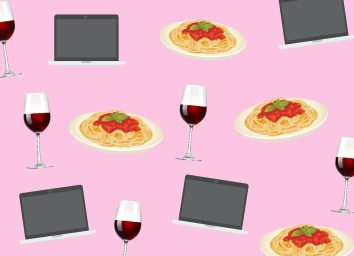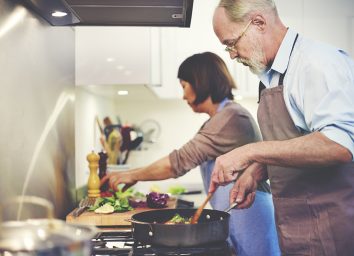9 Quarantine Mistakes that Make You Gain Weight
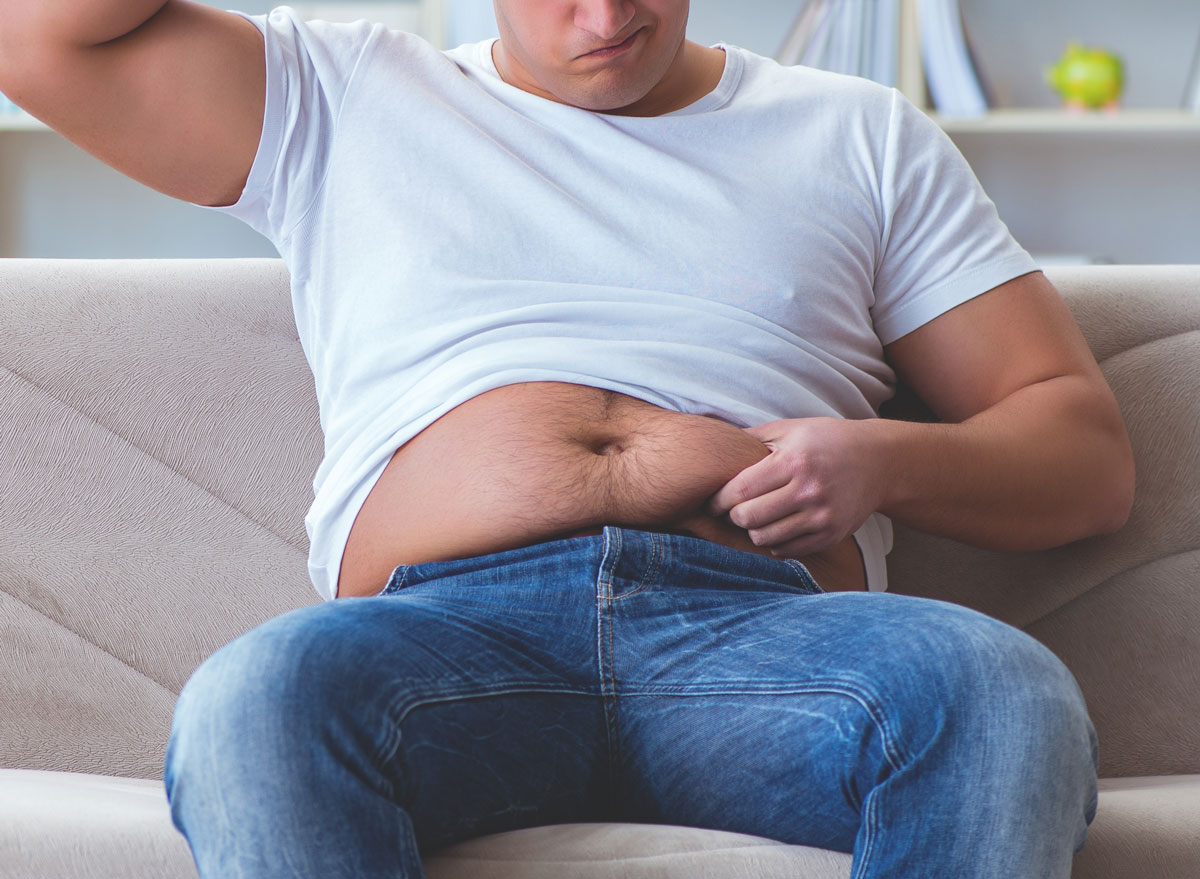
In the grand scheme of things, putting on a few pounds during this COVID-19 pandemic should be the least of your concerns. As long as you’re safe at home, staying healthy, and doing everything you can to prevent the spread of the virus, that’s all that matters.
That said, self-quarantining and social distancing don’t exactly present the most healthy or active lifestyle. With so much time spent indoors, you may now be worried about maintaining any weight loss progress you had made before the lockdown orders were put into place. Or, you may simply want to emerge from this pandemic as healthy and fit as when it started, which is totally understandable.
Here are some common habits people have been adopting during quarantine that can lead to weight gain. Be mindful of these, and you can keep your health and fitness in check for however long the current situations lasts.
Too much snacking.
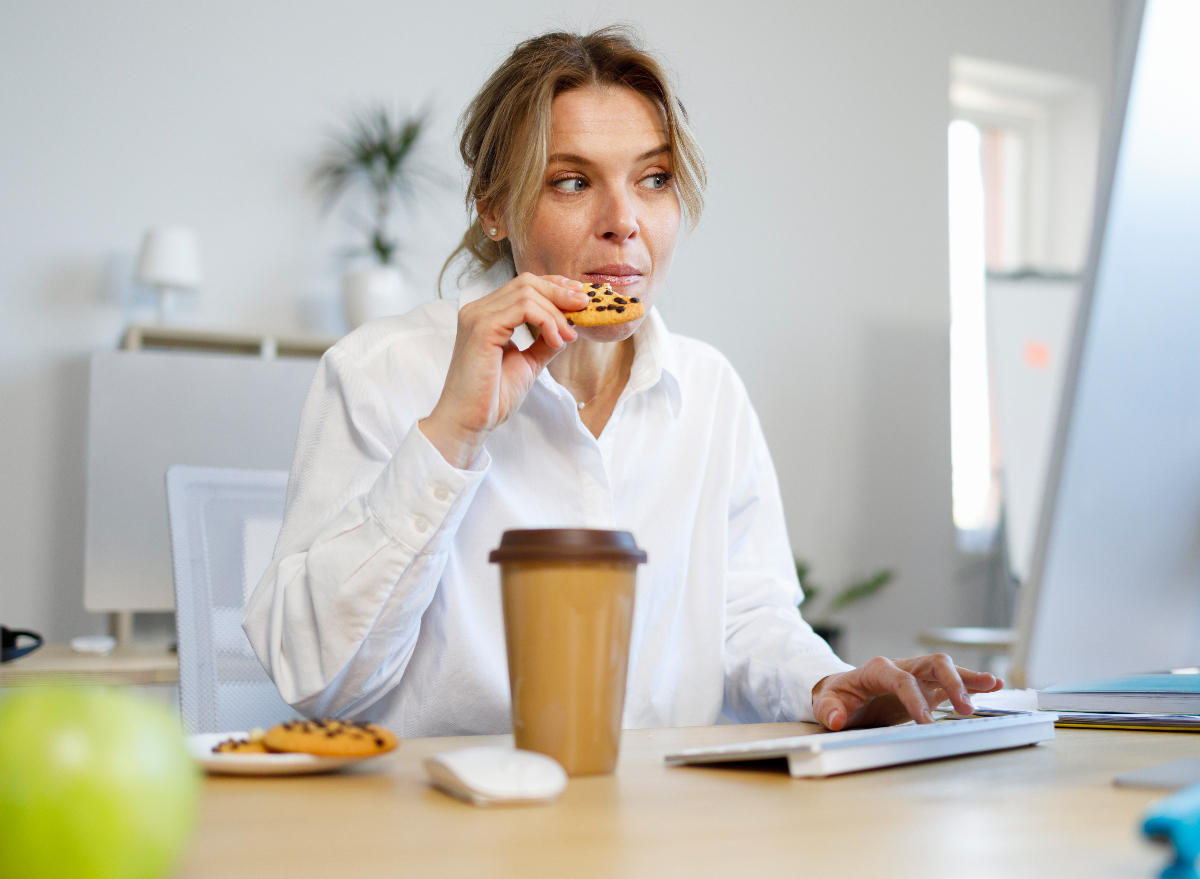
We’re all trying our best to deal with the surplus of idle time at home, but if you’re like me, you may be finding yourself venturing to the kitchen way more often than usual. Oh, I’m bored? I guess I’ll just see what’s going on in the fridge or pantry…
Thing is, not all snacking is unhealthy, but too often, the most satisfying snacks happen to be the worst for you—loaded with empty carbs, sugar, and salt, which are not great for you in excess.
If you need to satisfy a snacking need, try your best to limit your portions or pivot to healthier, produce-based options that include filling protein and fiber, like carrot sticks and hummus or an apple with almond butter.
Eating too much bread, pasta, and complex carbs.
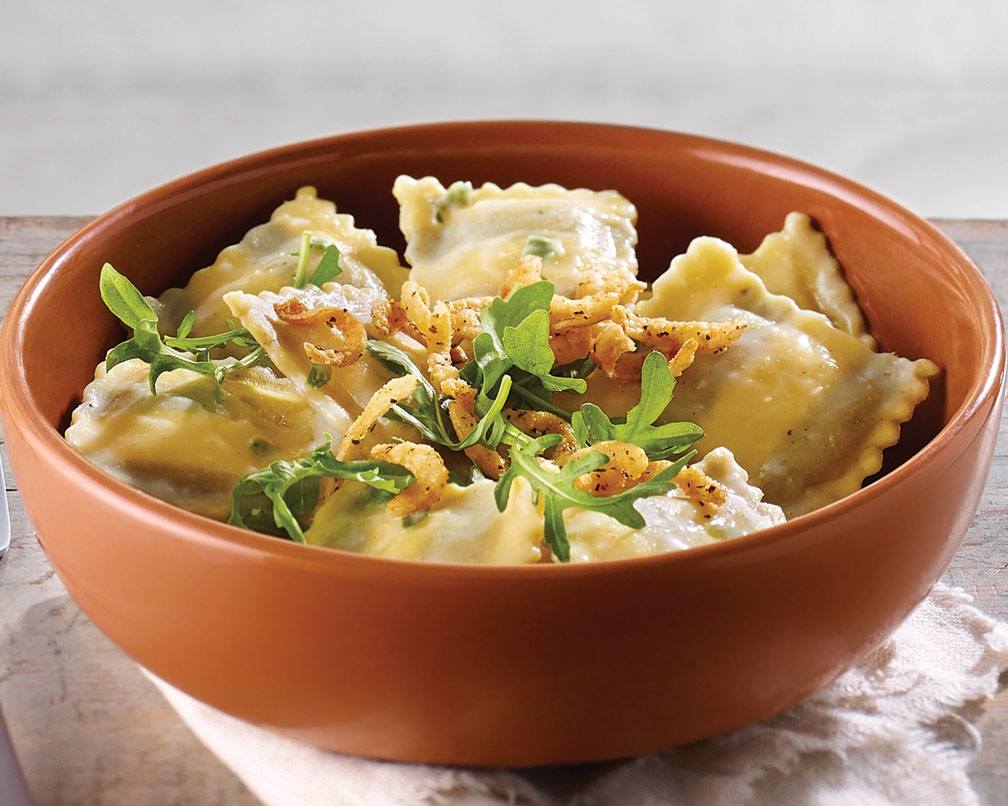
Processed carbs like bread and pasta aren’t inherently bad for you, but unless you are super active and burning off a lot of calories every day, those carbs can easily turn into extra pounds. It’s okay to eat bread or pasta, but everything in moderation. A nice little trick? Limit the consumption of complex carbs to before noon or 1pm.
Ordering too much take out and delivery.
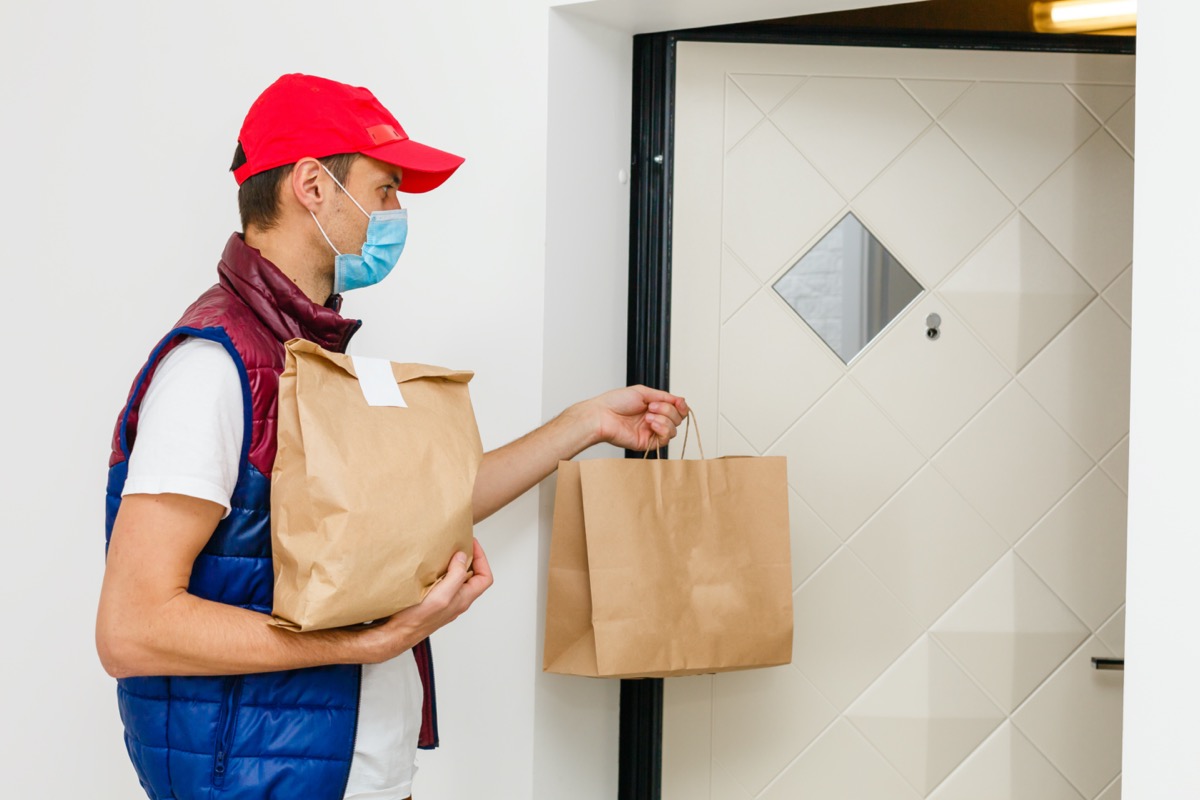
This is by far the best way to continue to support your local restaurants, most of which are in dire need of your support. But, know that many restaurants are preparing food that tastes good and pleases their clientele, but those ingredients or portion sizes don’t necessarily keeps you fit. Support restaurants, but also be mindful of how much you’re eating. And try to keep your orders full of as many fresh fruits, vegetables, and protein as possible.
Drinking (too much) alcohol.

Let’s be honest: Nearly everyone is consuming more alcohol during these trying times than ever before. One, maybe two glasses of wine or a cocktail are typically okay. But binge drinking or getting drunk? Well, it’s not only bad for you, but it has a cumulative effect on your body, mind, and weight (hi, drunk snacks) that’s not great.
Drinking also makes your sleep worse, which can cause you to eat more and exercise less the next day. So, keep in mind what and how much you are consuming and try to moderate it as much as possible.
Drinking juices or sodas instead of water.
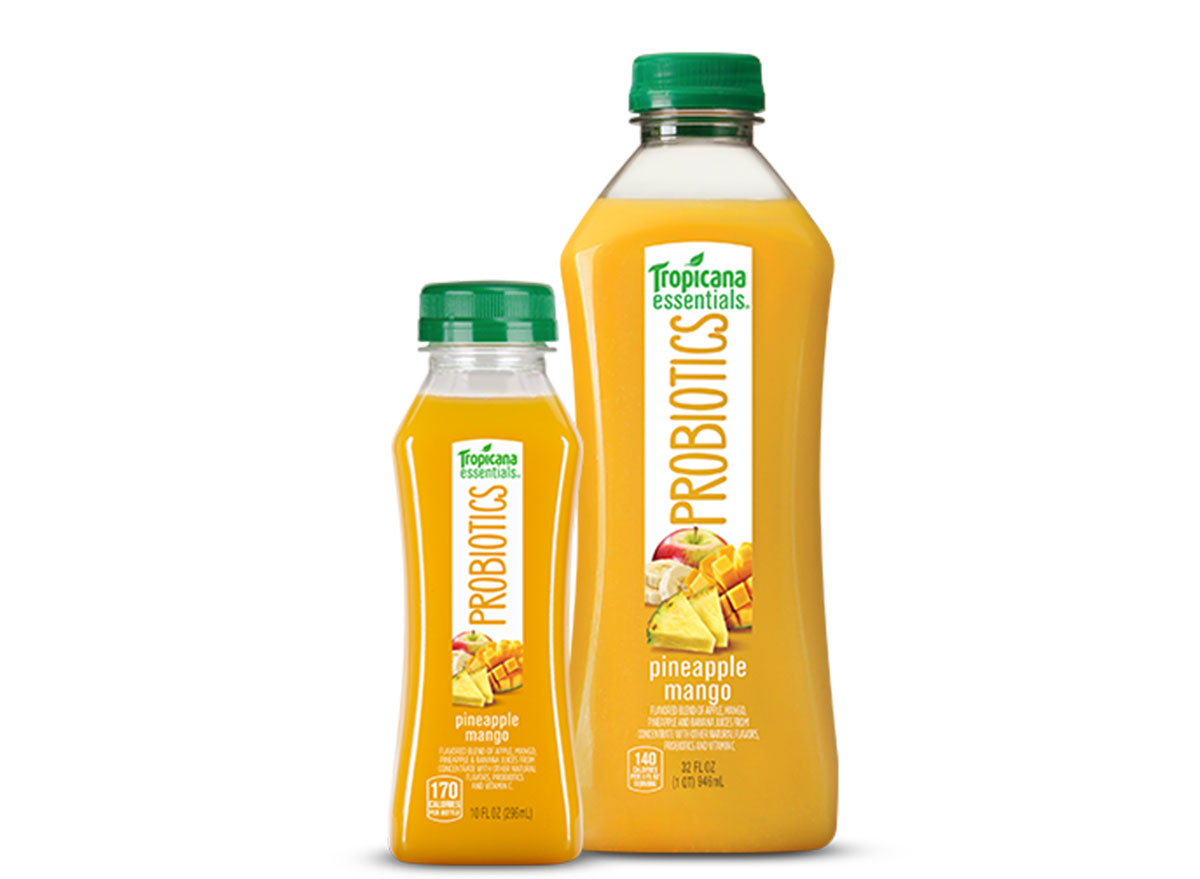
Who among us hasn’t enjoyed that fresh, sweet glass of OJ in the AM? It feels healthy, like you are doing your body a favor, right? While there are plenty of great vitamins and nutrients in a glass of juice, there is also an unreasonable amount of sugar as well; sugar that likely won’t get burned off unless you are running or exercising as well.
As for soda? Nothing good comes from drinking soda, to be honest. Drink water or tea instead. Your body will thank you later.
Not watching your portion sizes.
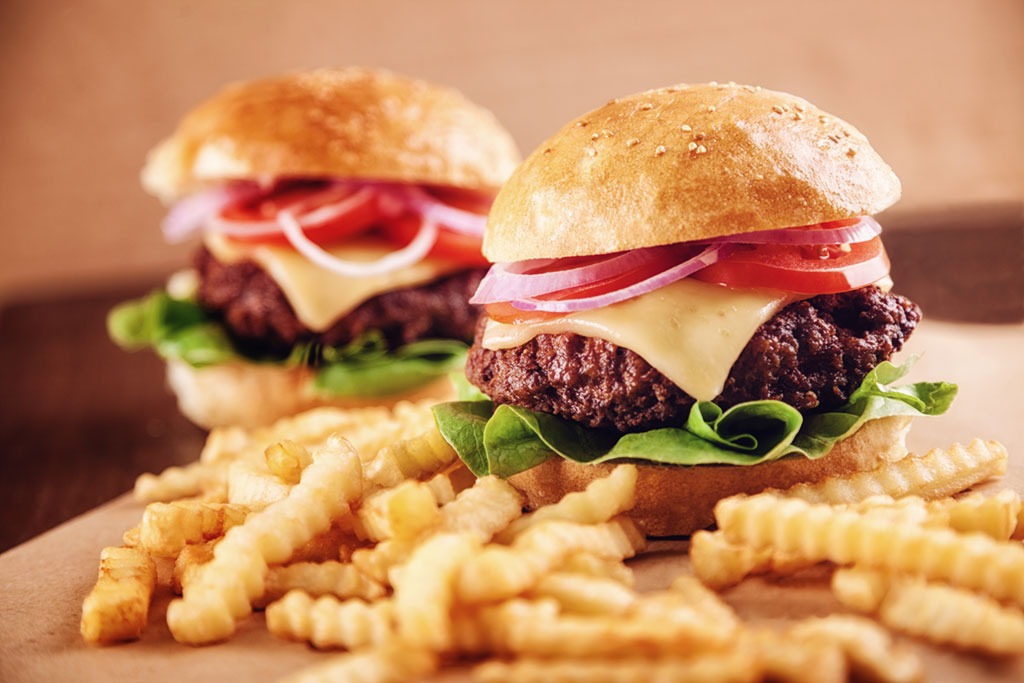
People are preparing a lot of comfort food during these stressful times, because, well, comfort food provides happiness and warm, fuzzy feels. But, a downside of comfort food is that, all too often, it comes with massive portion sizes and loads of butter or cheese. So yes, this is common sense, but if you want to keep your weight down, keep your portion sizes small.
Isolating yourself
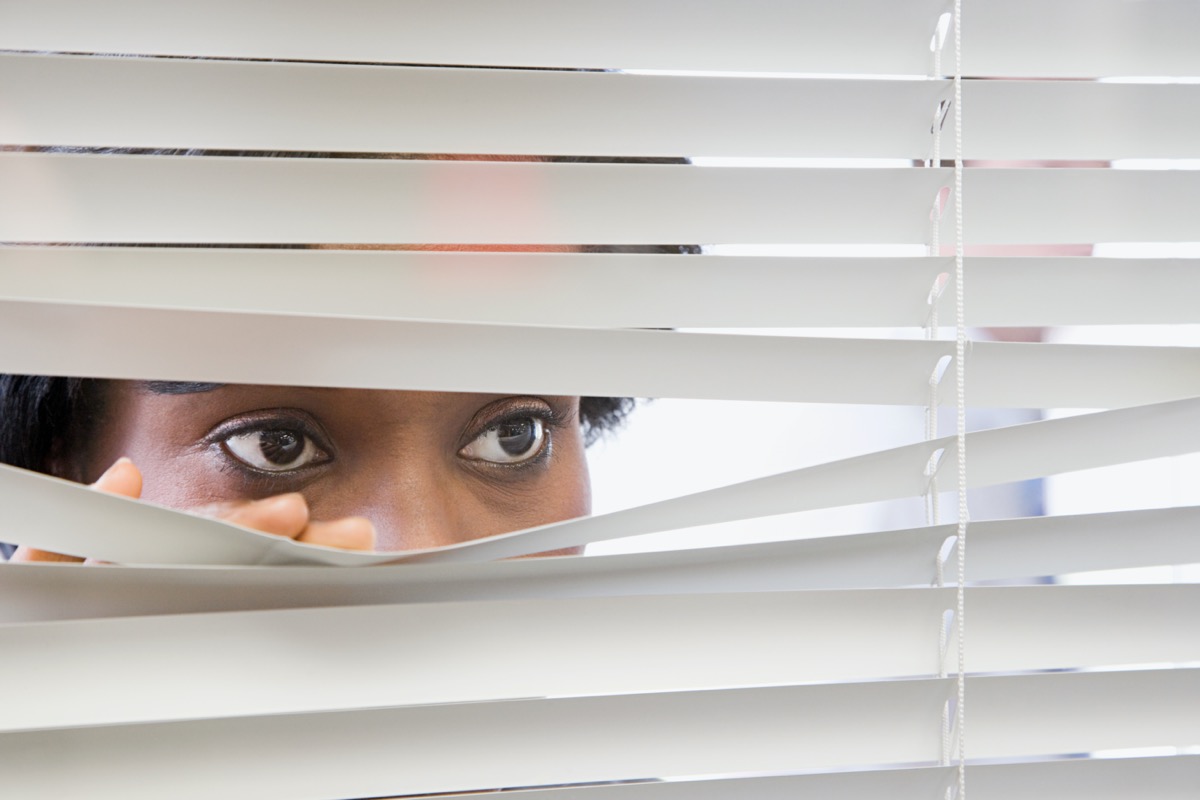
It’s oft-overlooked, but healthy eating habits have a strong psychological component. If you find yourself increasingly isolated, it could be a symptom of depression, which is frankly probably more common now than ever. In isolation, people can much more easily depart from their regular routine, and as a result, eat more, drink more, and snack more. As odd as it may sound, do yourself (and others) a favor and check-in via phone calls, texts, or video conferencing. It’s not a direct way to lose weight, but indirectly, it’s a vital way to keep your mental health in check, which can benefit your whole body.
Inactivity!
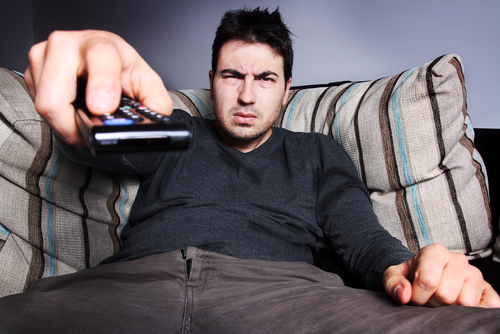
We’re all binge-watchers of cable news or streaming TV right now, and/or glued to our laptops in order to work from home… which leads to a lot of sitting time, and way less moving time.
Moving your body and working out leads to healthier habits. So if you can, go for a safely and social-distanced walk. If that’s not possible, do some stretches, planks, ab exercises, jumping jacks, burpess, or running in place at home. Get your blood pumping and work up a sweat. It will make you feel a lot better, and keep you in shape.
Ignoring a routine.
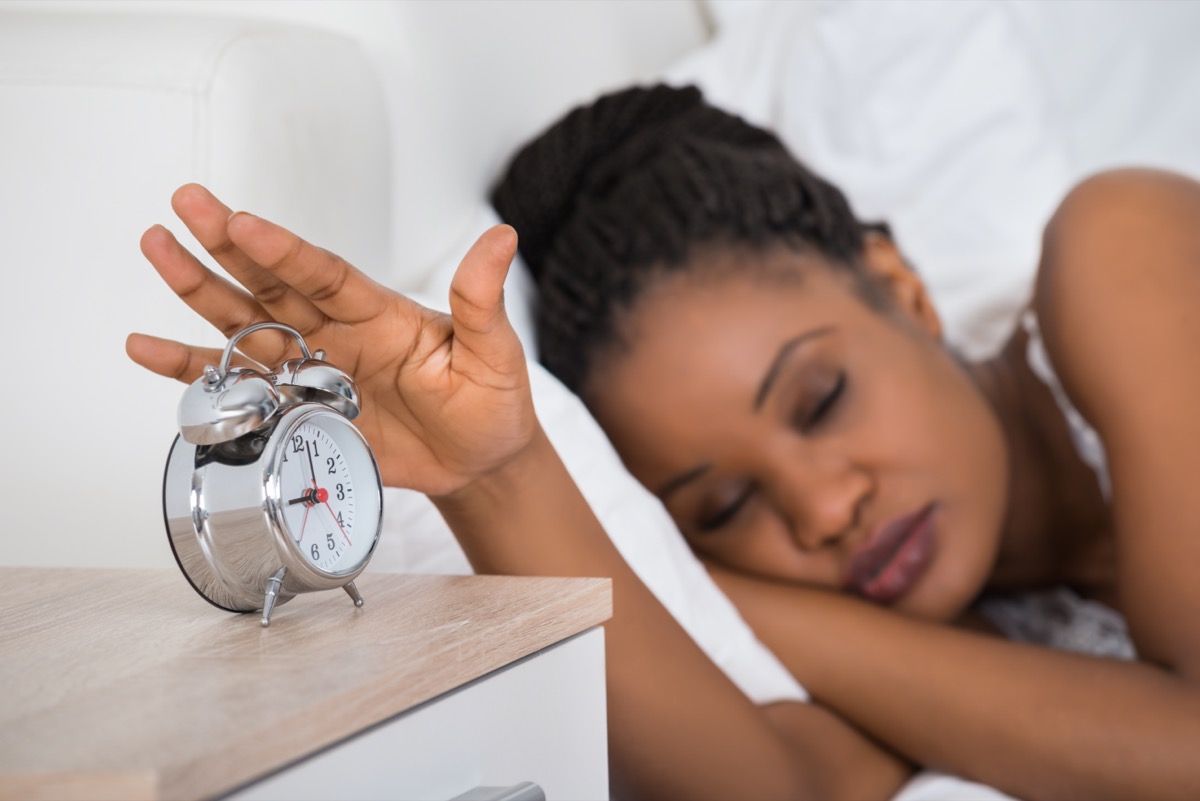
One of the most disorienting parts of the way we are living our lives now is the loss of our old routines (think: Getting kids prepped and out the door for school, showering and getting dressed for a morning commute, etc.). But, starting a new routine can be key to staying healthy.
Wake up at a regular time. Take a morning shower and get dressed. Schedule a regular walk or activity. All of these things will go a very long way to keep you healthy and fitter. And remember, we are all in this together.
READ MORE: 7 Tips for Safe Grocery Shopping Amid Coronavirus Concerns
